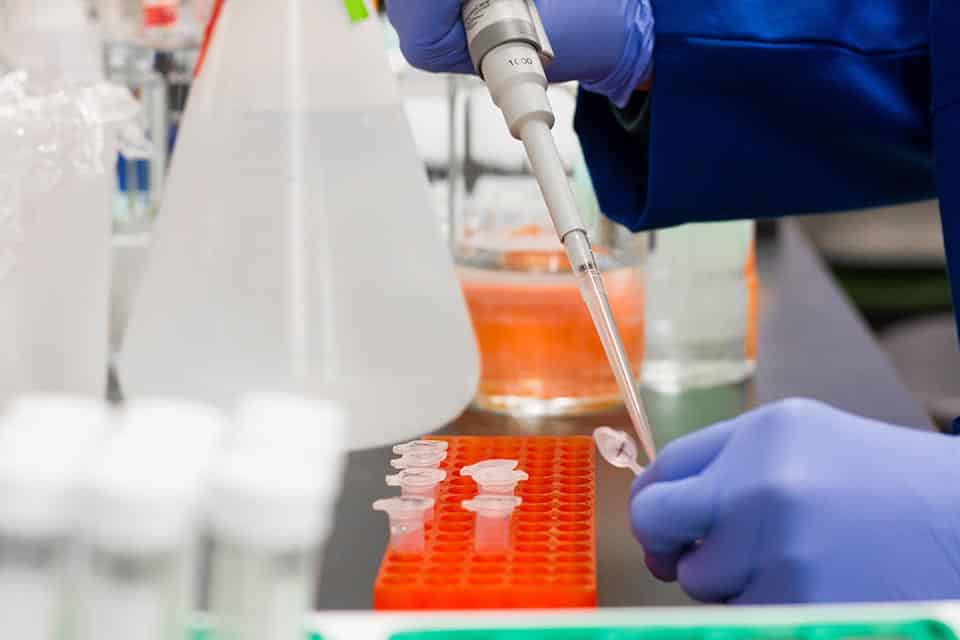Those requiring a drug test traditionally follow the guidelines of SAMHSA (Substance Abuse and Mental Health Services), which is a branch of the U.S. Department of Health and Human Services. SAMHSA recommends a cutoff level of 50ng/mL to pass a drug test.
According to U.S. federal law, CBD products are allowed to have up to 0.3% THC, which can cause consumers to question their chance of passing a drug test; however, a positive test result would require high levels of CBD or hemp oil consumption (likely over 2,000mg daily). Research has shown that CBD interacts with the body in a way that can make marijuana consumers show higher levels of THC for longer periods of time when consuming both THC and CBD.
If trying to avoid THC completely, broad-spectrum oil and CBD products that contain pure CBD isolate are convenient options. For more information about different types of CBD refer to our blog, “Full Spectrum vs Broad Spectrum CBD oil.” Consumption method, dosage, frequency and metabolism are just a few factors that can affect how long CBD remains in your system. Obtaining your CBD products from reputable companies and manufacturers is one of the best ways to ensure you are receiving quality CBD.

